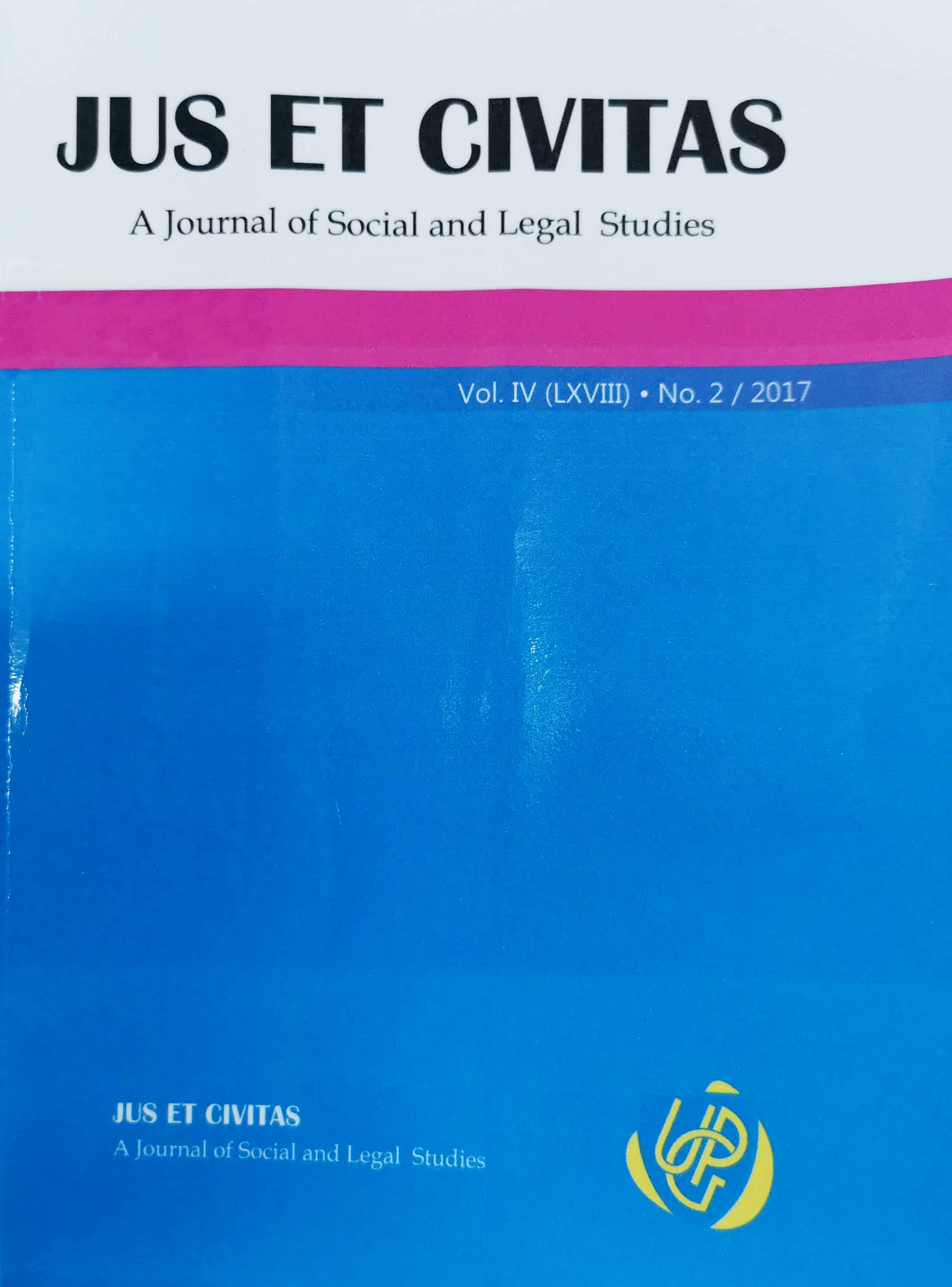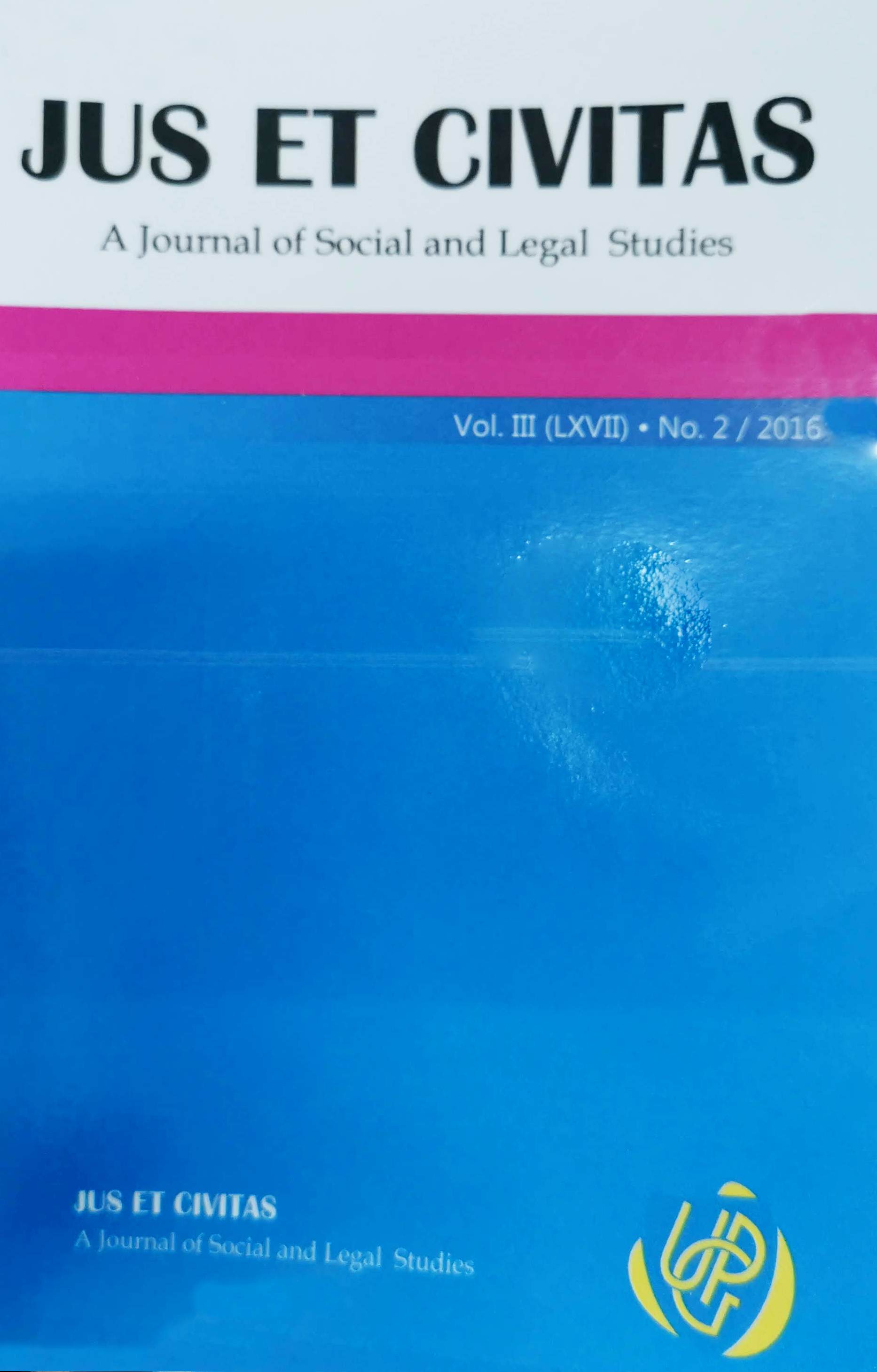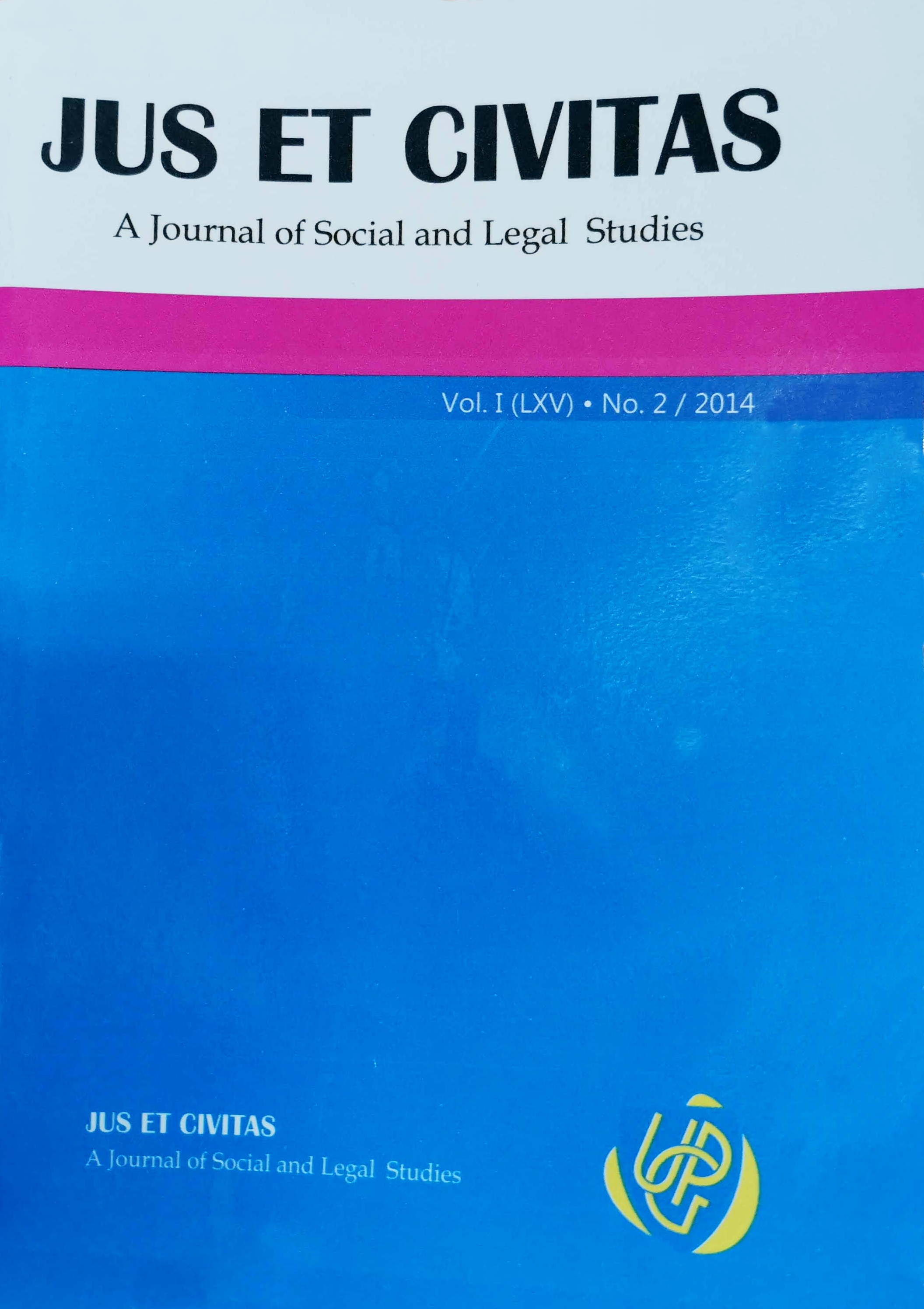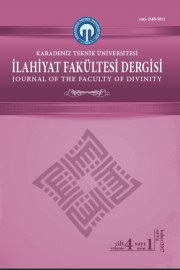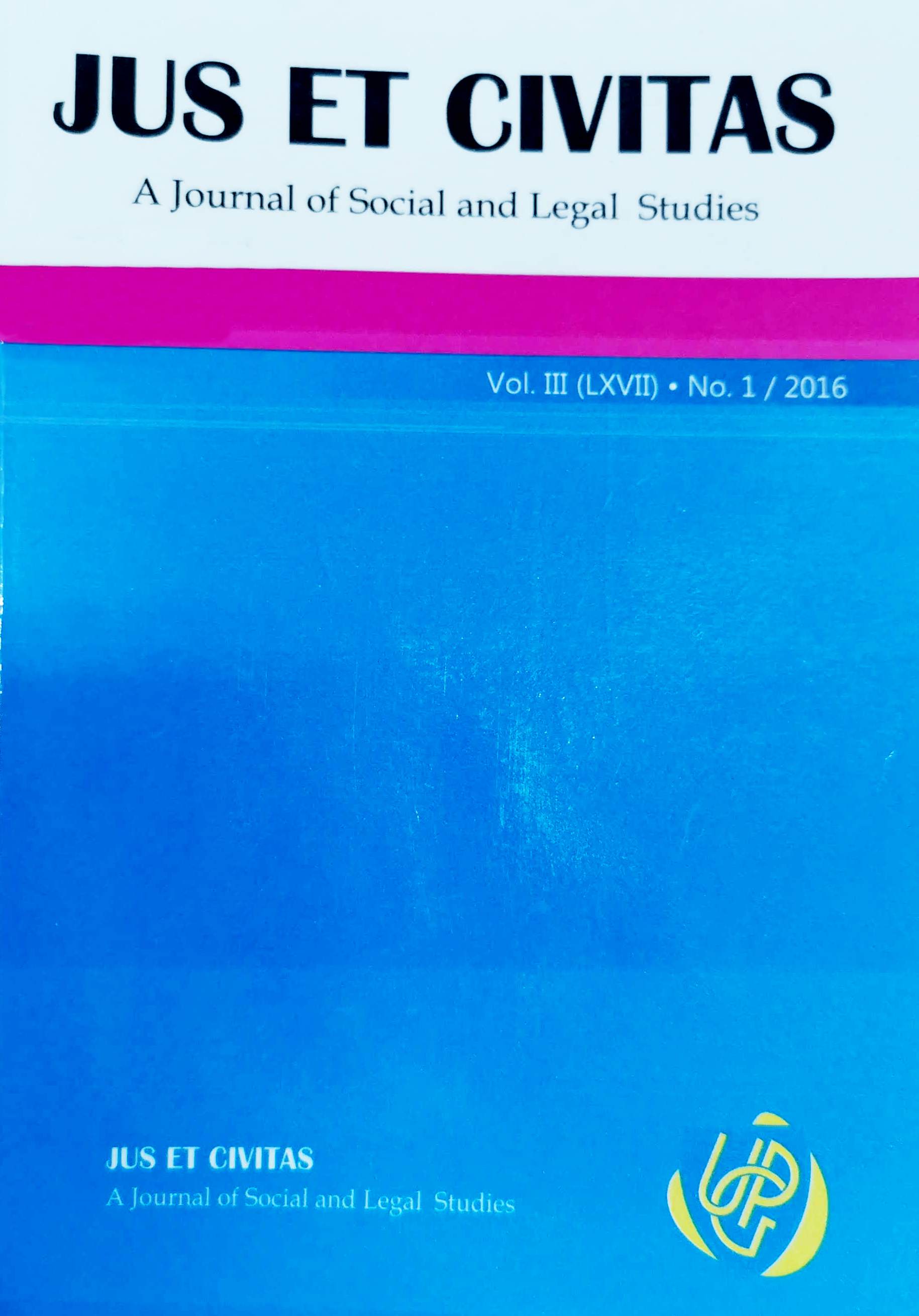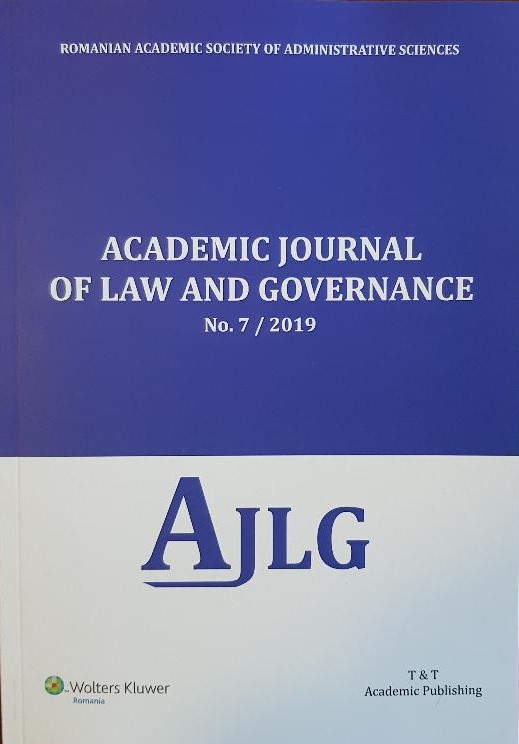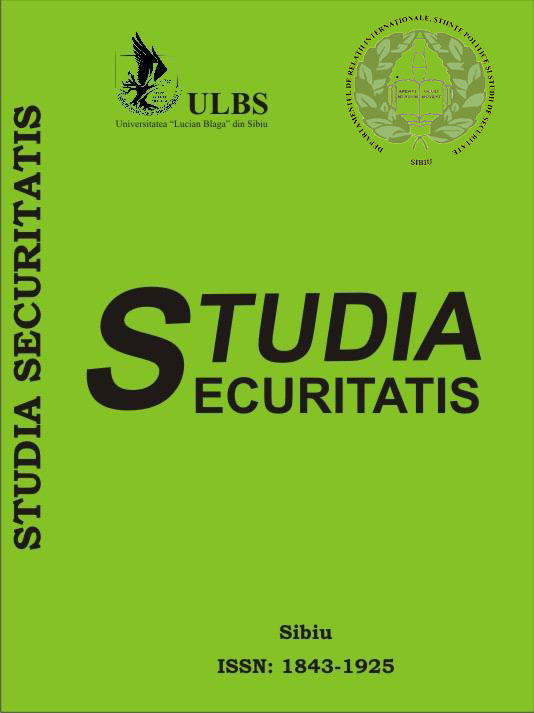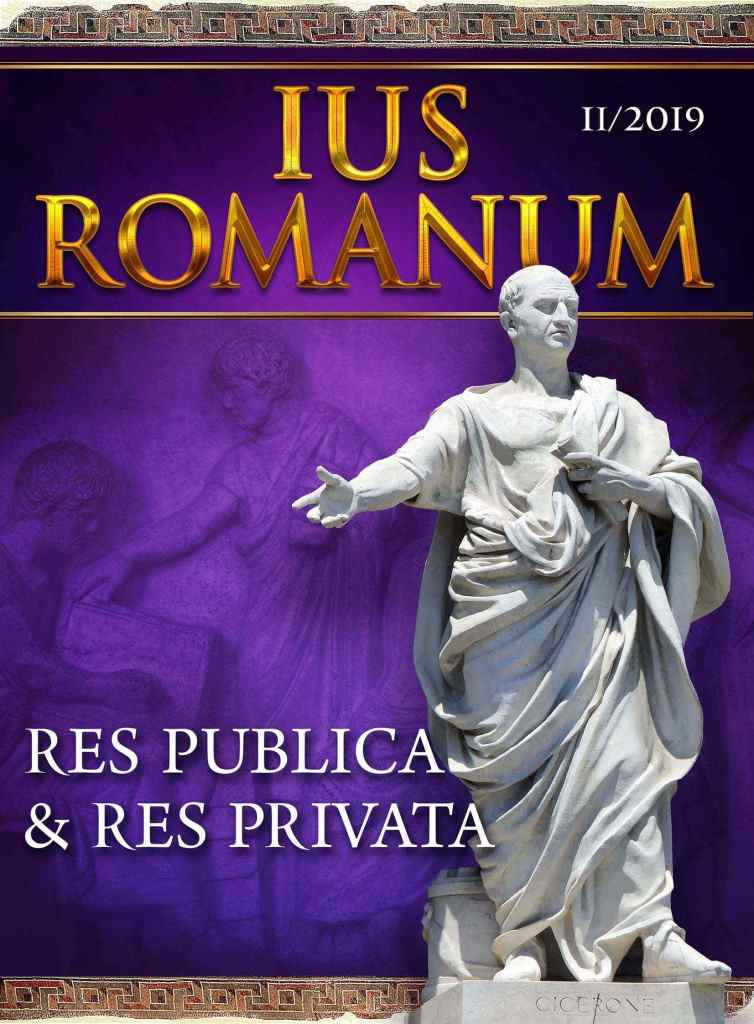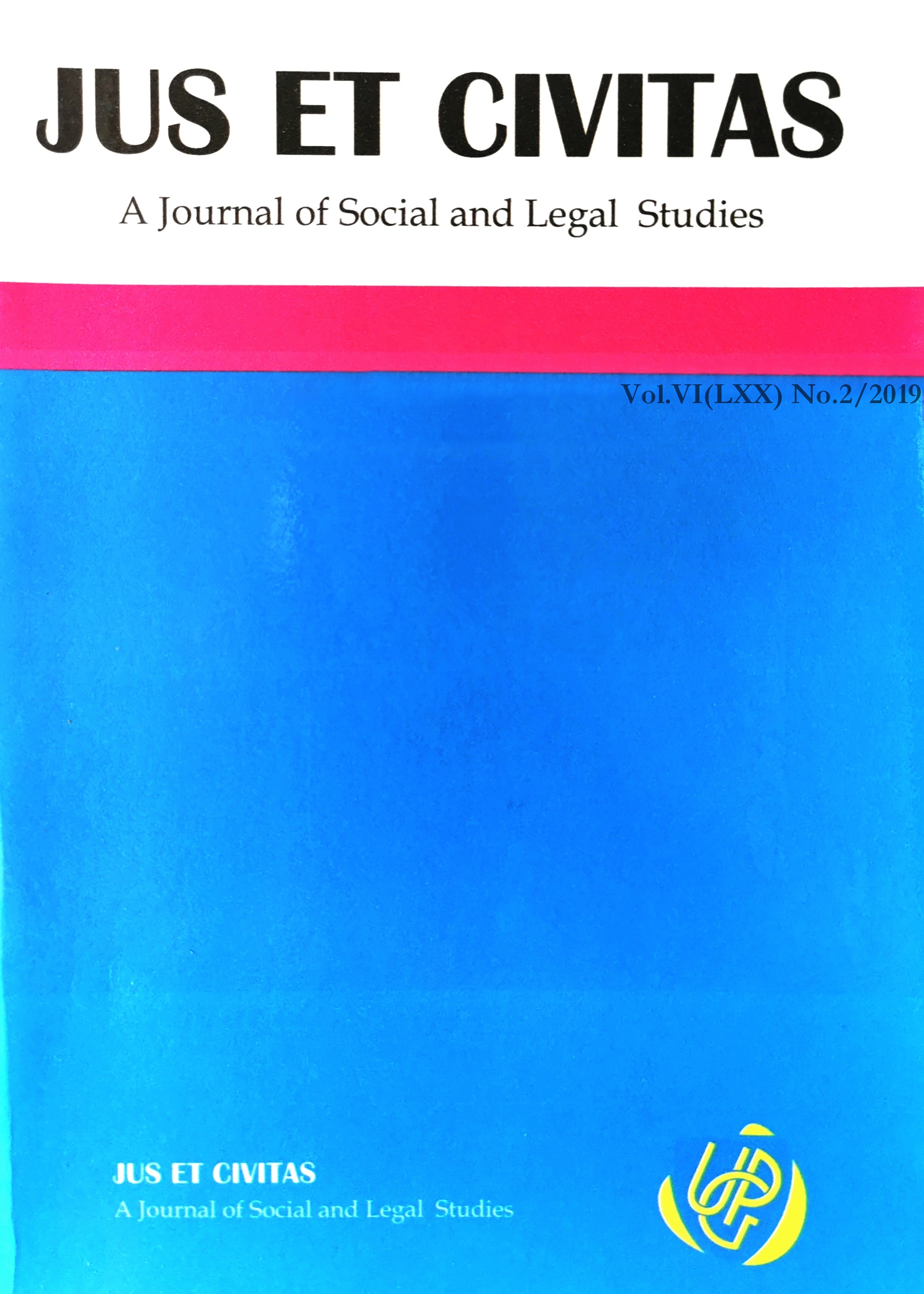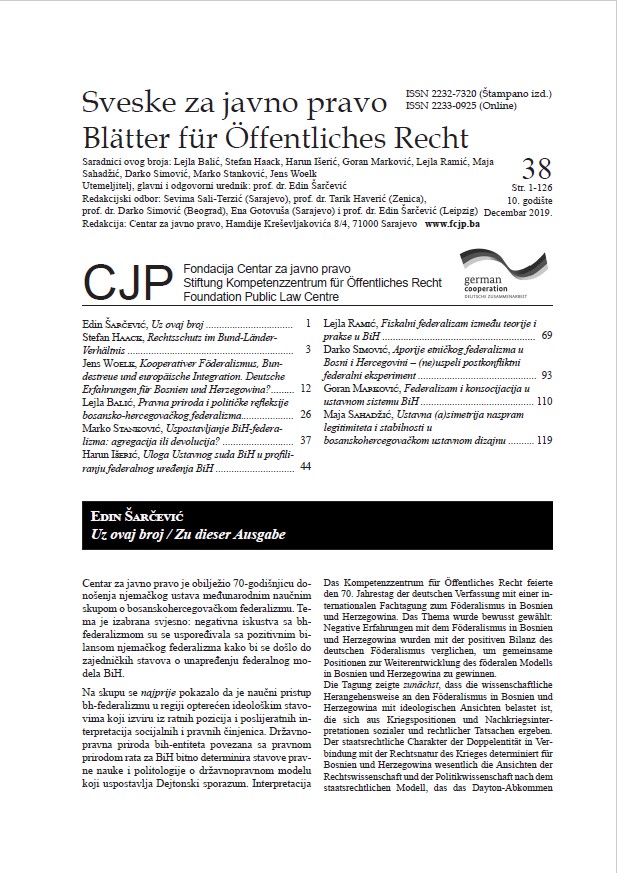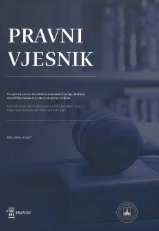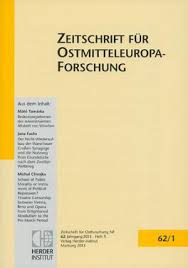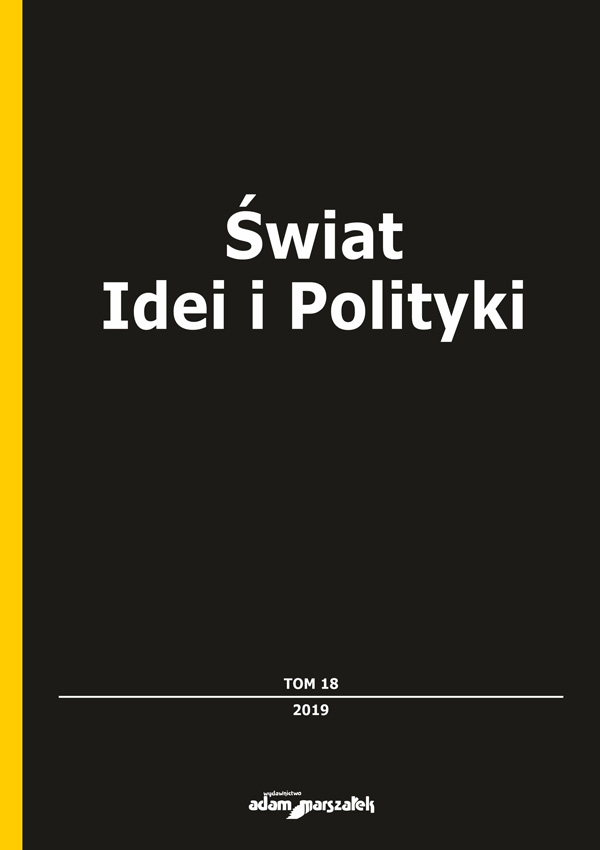
ZAVNOBiH I DRŽAVNOPRAVNI KAPACITET BOSNE I HERCEGOVINE
The founding of ZAVNOBiH under the conditions of the people’s liberation war represented a historically logical and legally completely legitimate act as an expression of the constitutional continuation and political integrity of Bosnia and Herzegovina. This identity was built on the continuity of the representation of Bosnia and Herzegovina as an enduring historical community. After the dissolution of the Socialist Yugoslavia, along with the enormous war tragedy and crimes, Bosnia and Herzegovina survived politically as a historical community, a territorial and constitutional term. The international recognition of Bosnia and Herzegovina as an independent state at the beginning of 1992 within the borders which it had as a central federal unit, i.e. the republic of former Yugoslavia is exactly based on ZAVNOBiH, its grounds and legitimacy. The Arbitration commission of the European Union (the so called Badinter’s commission), which evaluated the conditions for the acknowledgment of the independence of former Yugoslav republics, issued on the 11th January 1992 an opinion based on which the Council of Ministers of EU on a meeting in Bruxelles on the 6th April 1992 recognized Bosnia and Herzegovina as an independent state. Thus Bosnia and Herzegovina gained its independence in 1992 on the tradition of the anti-fascist movement, its struggle and victory, i.e. its state-forming solutions and dissolutions during and after the Second World War.
More...
